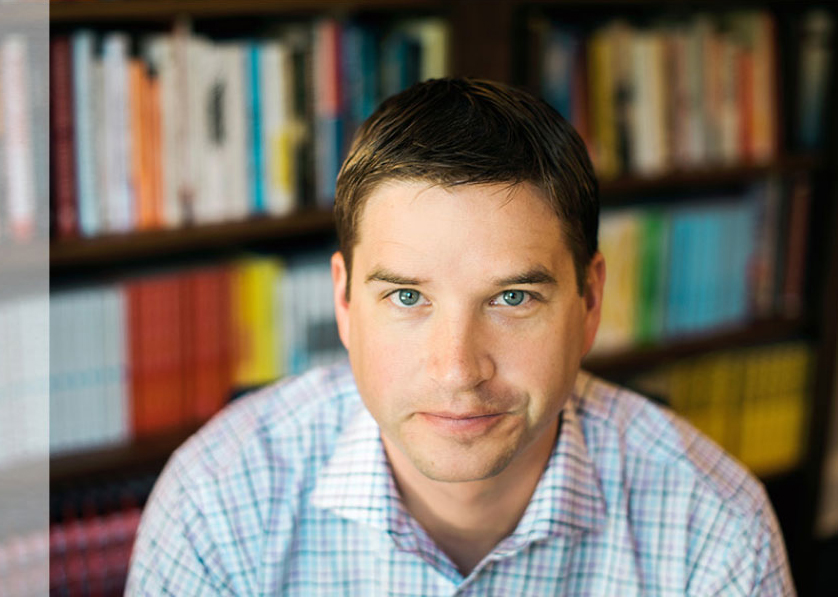Cal Newport, an associate professor of computer science at Georgetown University and a New York Times bestselling author, released his new book “Slow Productivity: The Lost Art of Accomplishment Without Burnout,” in which he explains his philosophy on hustle culture.
The book marks Newport’s eighth release. In it, he examines how technology has affected the workplace and aims to provide a solution to the resulting burnout, particularly after the COVID-19 pandemic increased technological dependence.
According to Newport, lack of productivity in the workplace primarily comes from our definition of productivity itself.
“The main problem we had over the last 20 years is that we were using a definition of productivity that was based on activity,” Newport told The Hoya. “I call it pseudo-productivity in the book. It’s a heuristic that says visible activity is going to be a proxy for useful effort. So seeing you do things is how we’re going to roughly guess that you’re doing useful things.”
Newport explains that new workplace technology has further enabled “pseudo-productivity,” where we engage in workplace communication without gaining valuable insights.
“In an age of email and text message and Slack, this means lots and lots of back and forth communication and messages, jumping on Zoom calls, et cetera,” Newport said. “The problem is, this is actually pretty disconnected from the production of stuff that’s actually valuable.”
According to Newport, the solution to this issue is what he calls slow productivity, the concept that we should focus on fewer things to accomplish more in each activity.
“Slow productivity shifts the focus from activity and towards actual concrete results, like towards what you’re actually producing,” Newport said. “It’s more humane, sustainable and a more meaningful way to work. It produces more in the end.”
According to Newport, slow productivity is a principle to adopt in the workplace, as well as at Georgetown.
“A lot of university students, especially at elite schools like Georgetown, when they arrive, there’s a sort of a college admissions mindset, which focuses on activity,” Newport said. “A slow productivity approach would say you want more than enough time to do your work and do that work really well.”
One way that Newport encourages students to practice slow productivity is by taking a lighter course load.
“There is no one in your future who is going to go back and study your transcript and say, during that Fall semester in 2023, this was really hard,” Newport said. “Don’t take too many hard courses. Don’t take too many courses of the same type. Don’t try to add the third major, the fourth minor, what have you.”
Charlie Mei (CAS ’25), a former student of Newport’s and teaching assistant in his class “Mathematical Methods for Computer Science,” said Newport’s work ethic and productivity were the driving factor for his desire to collaborate with Newport in an academic setting.
“Being really productive and efficient, that’s definitely his personality,” Mei told The Hoya. “He can focus on something, do high-quality work and make it look nice, which is really inspiring.”
Thomas Serrino (CAS ’25), another former student and teaching assistant, has read Newport’s previous book, “Deep Work,” and implements strategies from it in his study methods.
Serrino said his positive experience from reading “Deep Work” has inspired him to read “Slow Productivity” as well.
“The subject material from his other book has had this noticeable impact on how I focus,” Serrino said. “And I think that’s something I’m going to be thinking about when I graduate and when I work full-time. So, yeah, I definitely want to pick up his new book.”
Newport believes that the Georgetown community is an ideal place for him to write about productivity in response to a growing technological world.
“Georgetown itself is becoming increasingly invested in these issues of tech and society and digital ethics in particular,” Newport said. “It’s a very great home for doing this type of thinking because Georgetown is focusing on these issues of the practical ethical impact of technology.”









